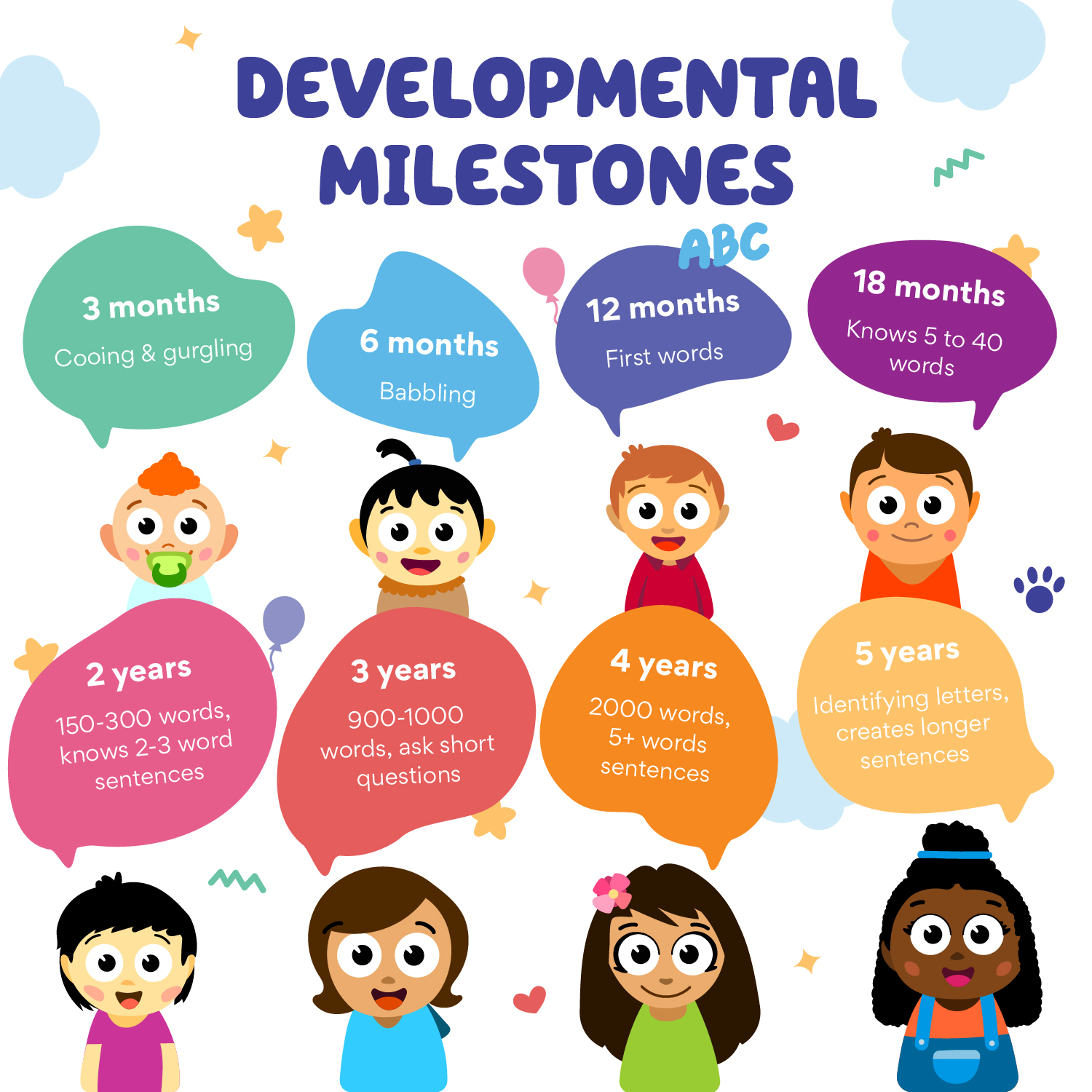 Source: bing.com
Source: bing.comTable of Contents
Introduction
As a new mom, it’s amazing to watch your baby develop and grow every day. One of the most exciting milestones in baby development is language acquisition. Babies are born with the ability to learn any language and they begin to acquire language skills as soon as they enter the world. In this article, we’ll explore the fascinating world of baby language development and provide you with tips to support your baby’s linguistic journey.
The Science of Language Acquisition
Language acquisition is a complex process that involves both biological and environmental factors. Babies are born with the ability to distinguish between different sounds and to recognize the language spoken around them. They use this ability to begin to pick up words and phrases as they interact with their caregivers and the world around them.
Research shows that the first few years of life are the most critical for language development. During this time, the brain is primed to learn language and babies are able to acquire vocabulary and grammar at an astonishing rate. By the time they reach their second birthday, most children have a vocabulary of several hundred words and are beginning to form simple sentences.
Supporting Your Baby’s Language Development
As a caregiver, there are many things you can do to support your baby’s language development. Here are some tips:
- Talk to your baby frequently, even if they can’t talk back yet. Narrate your day or describe what you see as you go about your daily routine.
- Respond to your baby’s coos and babbling. This lets them know that communication is a two-way street and encourages them to keep trying.
- Read books to your baby. Even if they can’t understand the words yet, they will benefit from hearing the rhythm and cadence of language.
- Sing songs and recite nursery rhymes. This helps your baby develop an ear for language and teaches them about rhythm and rhyme.
- Use gestures and facial expressions. This can help your baby understand the context and meaning of words, even if they don’t understand the words themselves.
When to Seek Help
While there is a wide range of “normal” when it comes to language development, there are also some red flags that may indicate a potential problem. If your baby is not meeting certain language milestones, such as babbling or saying their first words, it’s important to speak with your pediatrician. Early intervention can make a big difference in a child’s language development.
Conclusion
Watching your baby learn and grow is one of the most rewarding experiences of parenthood, and supporting their language development is an important part of that journey. By talking, reading, singing, and interacting with your baby, you can help them develop the skills they need to communicate effectively and build strong relationships with others.
Frequently Asked Questions
Q: How can I tell if my baby is on track with their language development?
A: While there is no one-size-fits-all answer to this question, there are certain milestones that most babies reach at certain ages. For example, most babies begin to babble around 6 months and say their first words around 12 months. If you have concerns about your baby’s language development, it’s always best to speak with your pediatrician.
Q: Can babies learn more than one language at a time?
A: Yes! Babies are born with the ability to learn any language, and research shows that learning multiple languages from a young age can have a number of cognitive benefits. If you speak more than one language at home, it’s a great idea to expose your baby to both languages.
Q: What if my baby doesn’t seem interested in books or language activities?
A: Every baby is different, and some may be more interested in language activities than others. If your baby doesn’t seem interested in books or language activities, don’t worry too much. You can still support their language development by talking to them, responding to their coos and babbling, and using gestures and facial expressions to communicate.
Q: Is it ever too early to start reading to my baby?
A: No! Even newborns can benefit from hearing the rhythm and cadence of language. You don’t have to read entire books to your baby – just a few pages or even a few sentences can be beneficial.
Q: What should I do if I’m concerned about my baby’s language development?
A: If you have concerns about your baby’s language development, it’s always best to speak with your pediatrician. They can refer you to a speech-language pathologist or other specialist if necessary.
